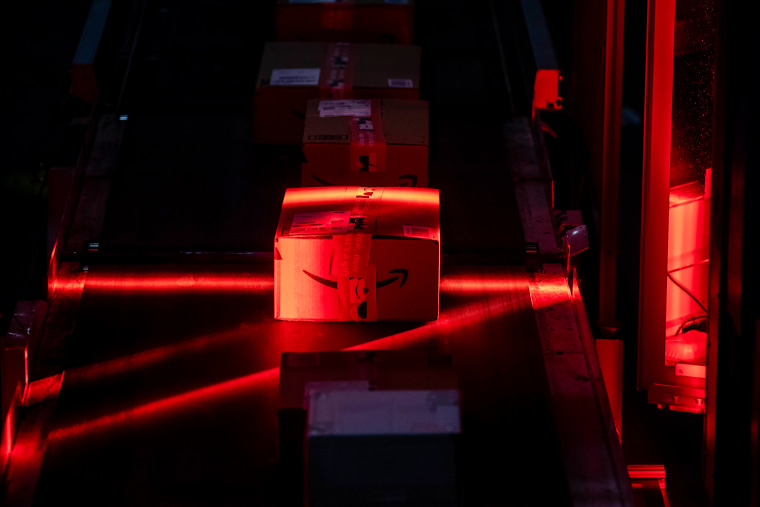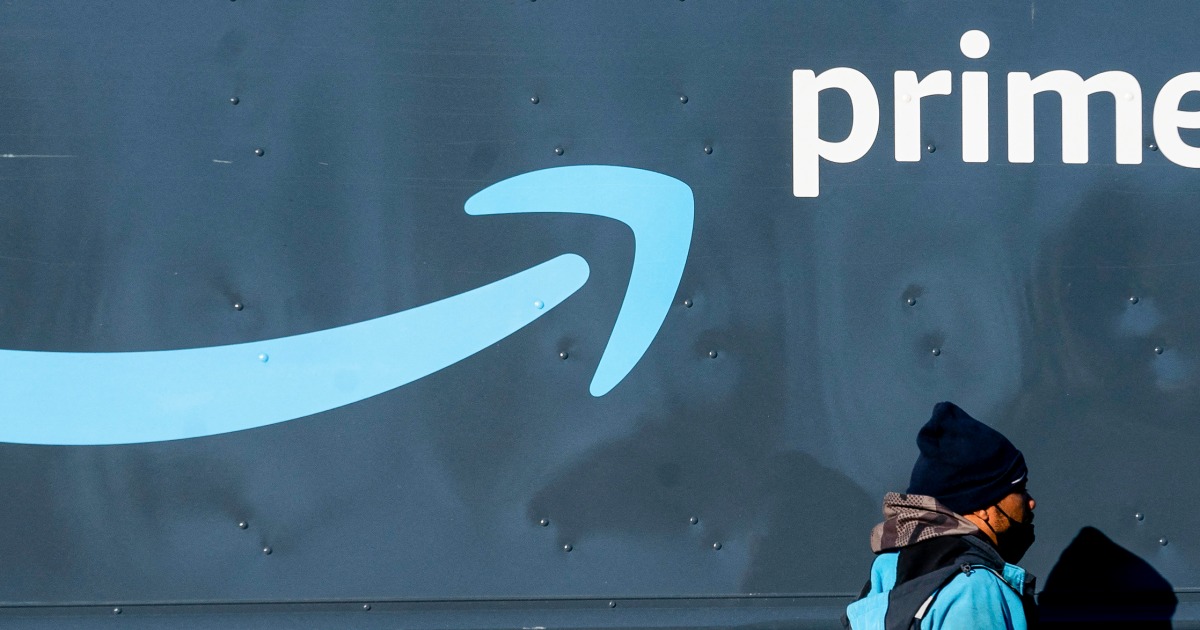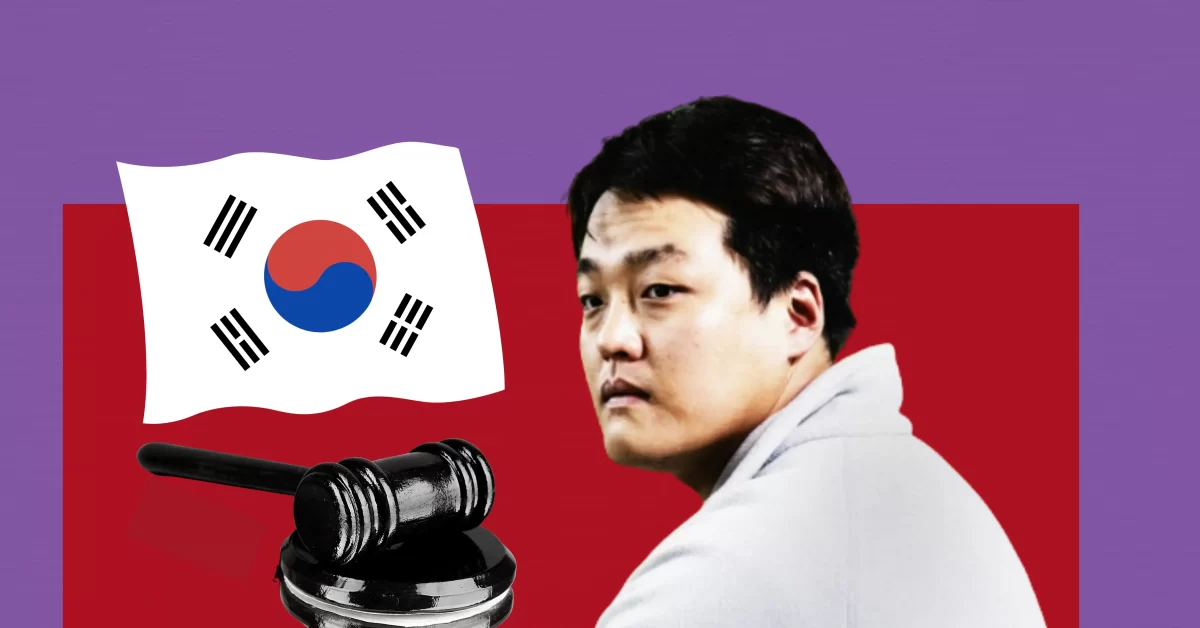The Federal Trade Commission, the U.S. government’s primary business regulator, sued Amazon on Tuesday, alleging it has used its market power to warp e-commerce across the internet.
The allegations, which focus on the company’s primary marketplace, Amazon.com, paint a picture of a company able to use its size and power to pressure sellers to agree to its terms and warp the prices of goods.
“There is immediate harm that is ongoing here,” FTC Chair Lina Khan said at a news conference ahead of the lawsuit announcement. “Sellers are paying 1 of every $2 to Amazon. Shoppers are paying higher prices as a result, not just on Amazon but across the internet. And the public as a whole has been deprived of the benefits of open and fair and free competition. And so that’s what this case is really about, and those are the harms that we’re looking to fix.”
The FTC made the allegations in an antitrust lawsuit in U.S. District Court for the Western District of Washington state, backed by the attorneys general of 17 states, including two Republicans. Amazon is based in Washington.

The lawsuit is the most aggressive action yet by Khan, a longtime critic of Amazon whom President Joe Biden brought in to the FTC to reinvigorate the government’s enforcement of competition laws particularly around technology companies.
The FTC alleges that Amazon deters sellers from discounting goods and lowering prices below what is available on Amazon, pushing prices higher across the internet. It also argues that Amazon pushes sellers into its fulfillment services, making it more expensive for sellers to offer their goods elsewhere.
California lodged similar complaints in a lawsuit filed just more than a year ago.
Kahn declined to directly address whether she hoped the suit would lead to a breakup of Amazon into smaller companies, but she stressed that it showed Amazon had established an unfair advantage.
“Each element of Amazon’s monopolistic strategy here is working in tandem, and so the cumulative impact of Amazon’s unlawful conduct is greater than the harm caused by any particular element,” she said. “So you have a feedback loop between these different practices in a way that amplifies the overall exclusionary effects.”
In a statement on Amazon’s website, David Zapolsky, Amazon’s senior vice president for global public policy, said: “The practices the FTC is challenging have helped to spur competition and innovation across the retail industry, and have produced greater selection, lower prices, and faster delivery speeds for Amazon customers and greater opportunity for the many businesses that sell in Amazon’s store.”
Under Khan’s leadership, the FTC has already taken several actions to counter Amazon this year. It sued the company in June for how it automatically renewed customers’ Prime subscriptions. It has proposed that Amazon pay $25 million for alleged improper storage of children’s data obtained through Alexa devices. And Amazon settled with the FTC for $5.8 million in May after the agency accused it of allowing employees to view data obtained via Ring cameras.
The lawsuit is the latest aggressive action taken by the FTC in recent decades, extending Khan’s efforts to take on giants like Microsoft and Google — with mixed results. Federal judges in both cases swatted down the FTC’s actions.
William Kovacic, a former FTC chairman who is now a professor at George Washington University, said the case will come down to whether the FTC can prove Amazon’s actions hurt consumers.
“The heart and soul of the case will be the debate over whether or not the techniques used by Amazon improved consumer experience or degraded it,” he said.
Kovacic noted that antitrust trials like this one usually take at least three years just for initial decisions, after which come appeals that can drag on for more years.
He said the case was “an enormously ambitious undertaking,” especially when it is considered in the context of the FTC’s other ongoing cases.
Amazon’s share price ticked up slightly after the FTC announcement, though its shares were down about 2.6% on the day early Tuesday afternoon. Amazon shares are up almost 50% this year, outpacing the S&P 500, which is up about 12%.
Read the lawsuit here:
Kevin Collier is a reporter covering cybersecurity, privacy and technology policy for NBC News.
Jason Abbruzzese is the senior editor for technology, science and climate for NBC News Digital.
Brian Cheung
contributed
.






